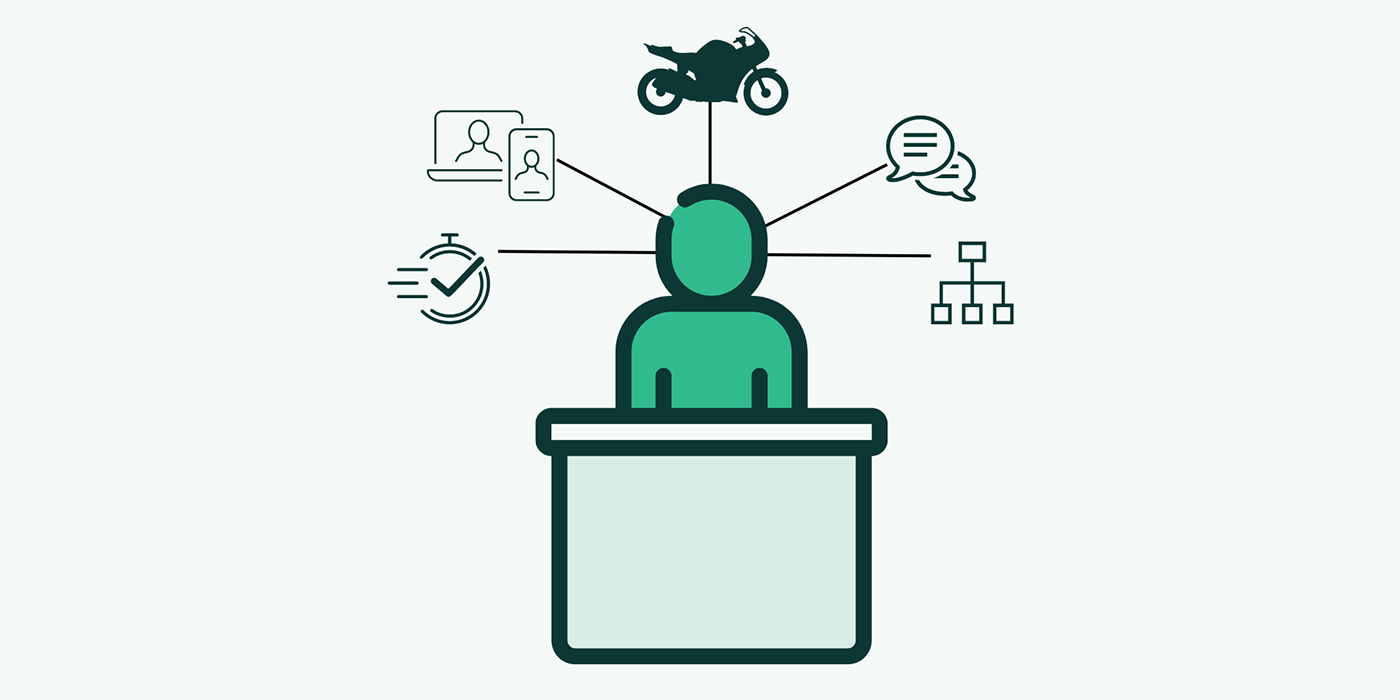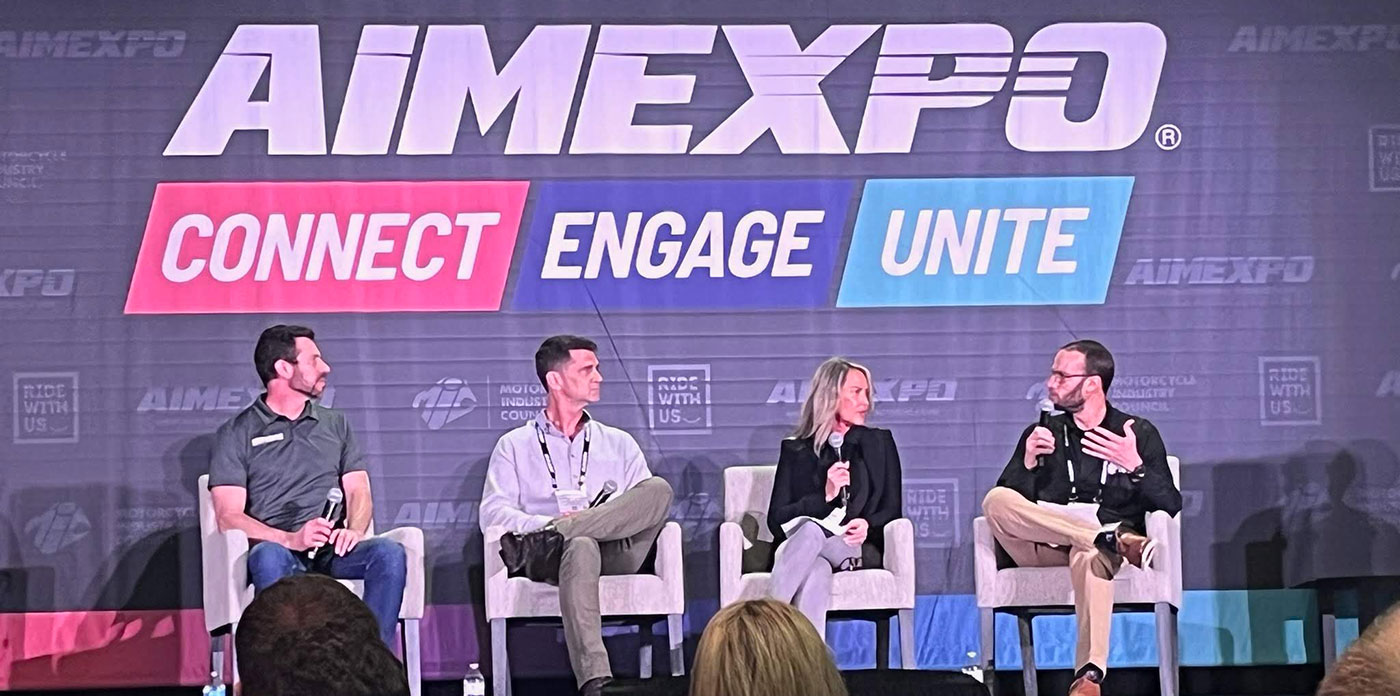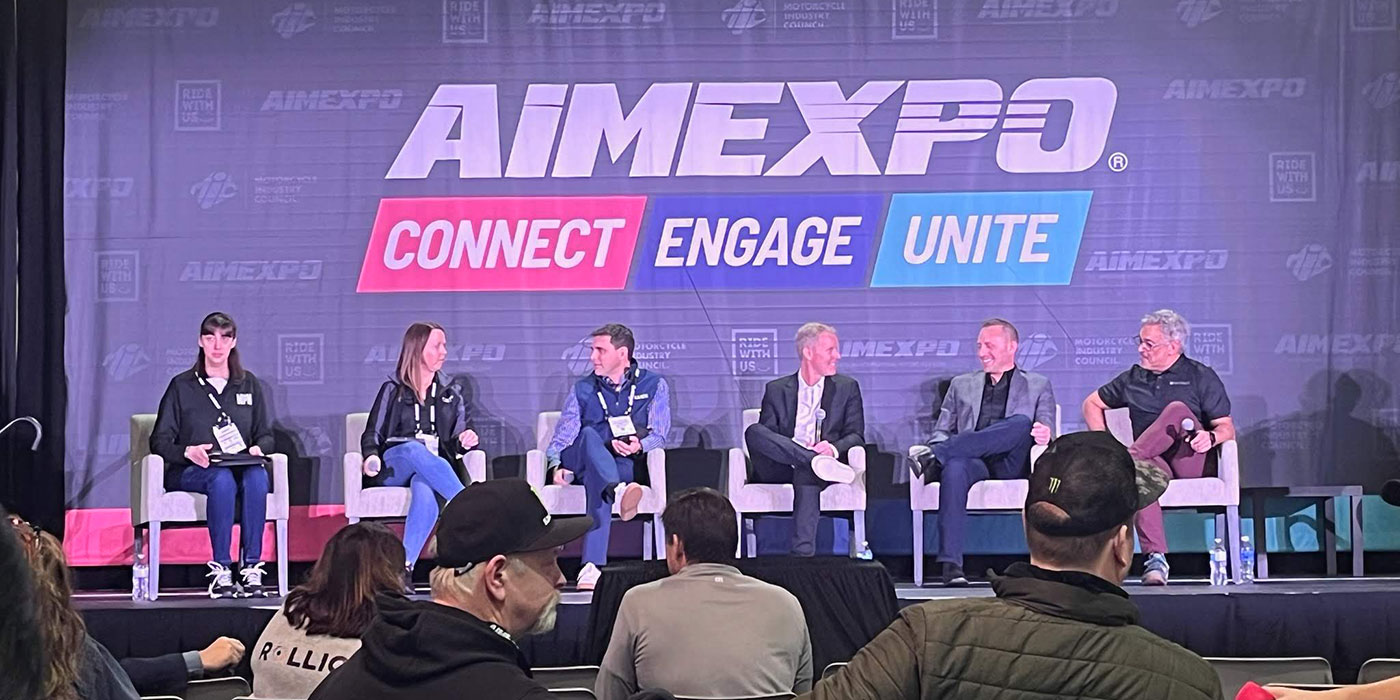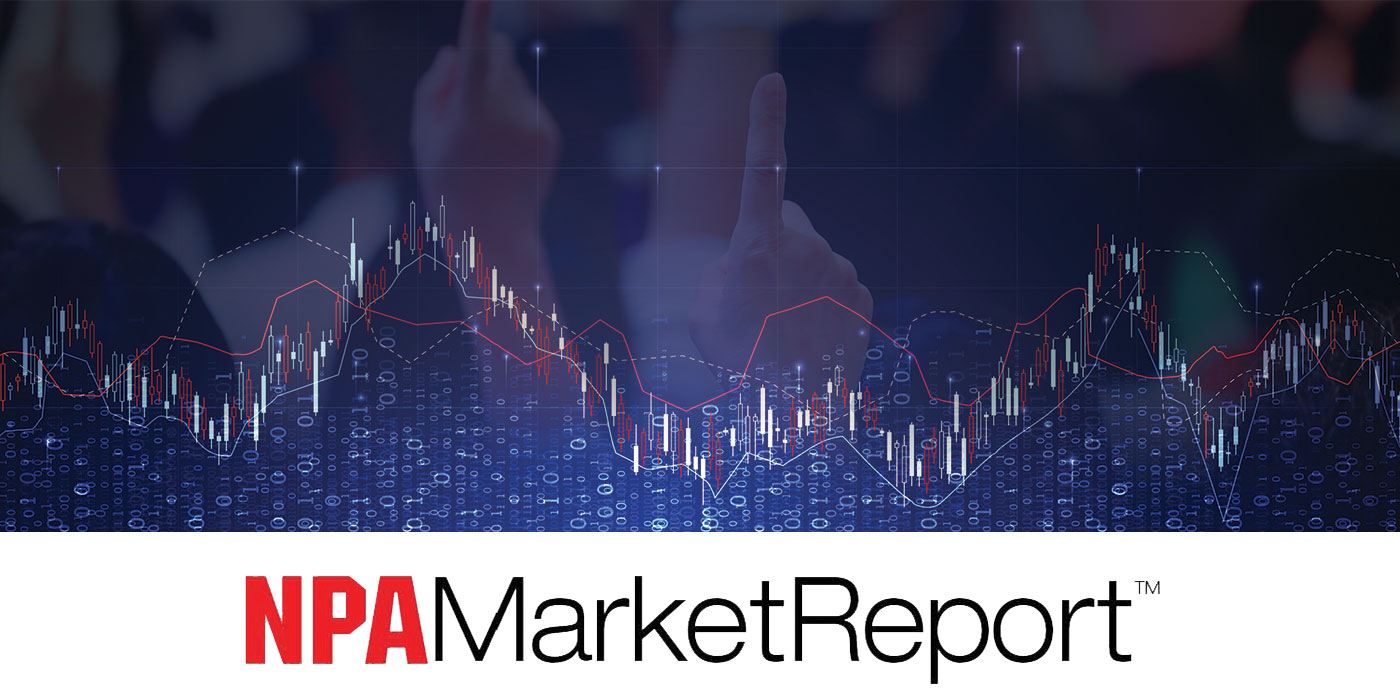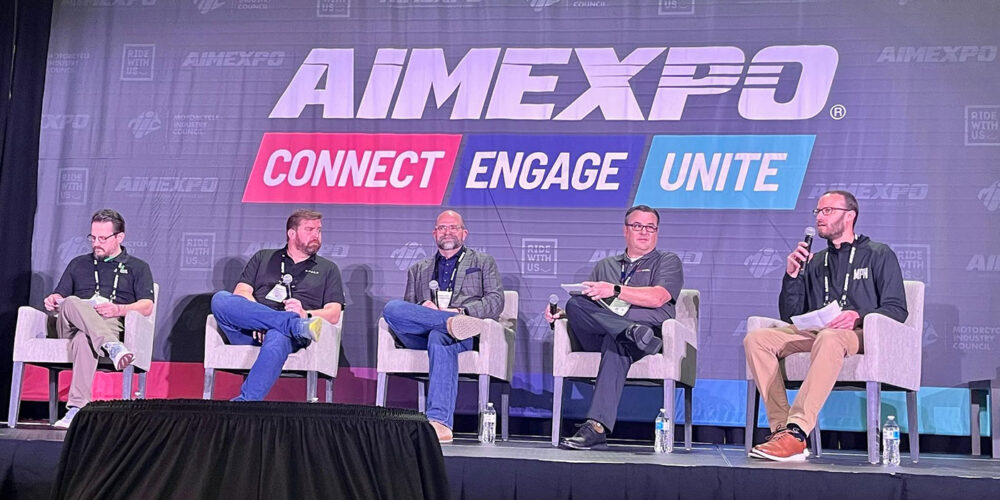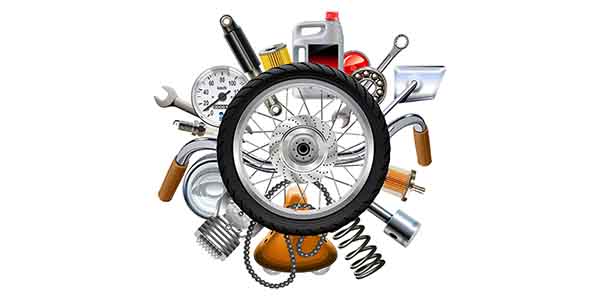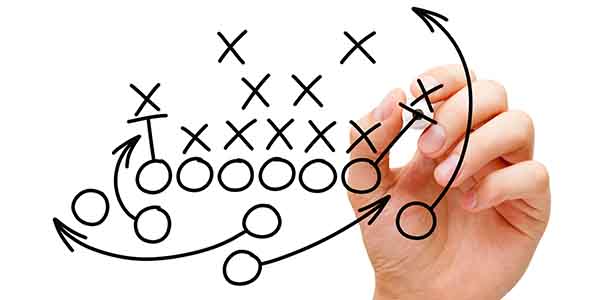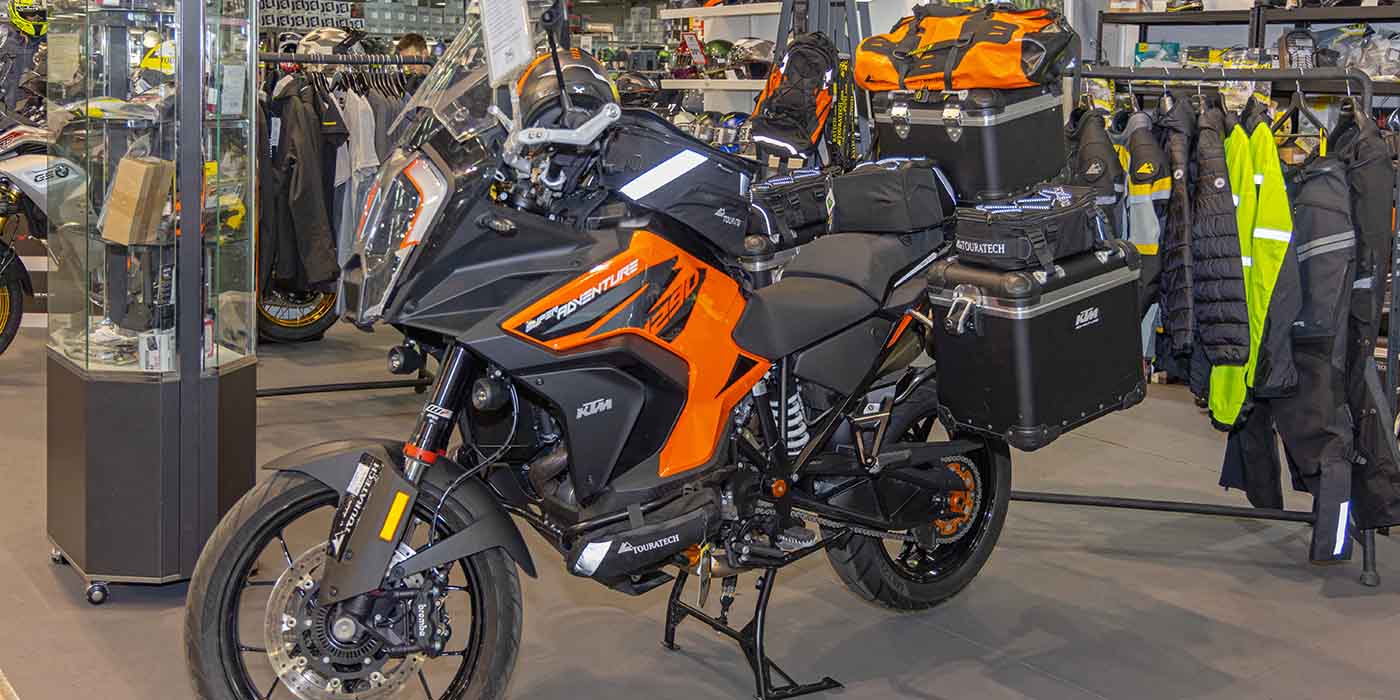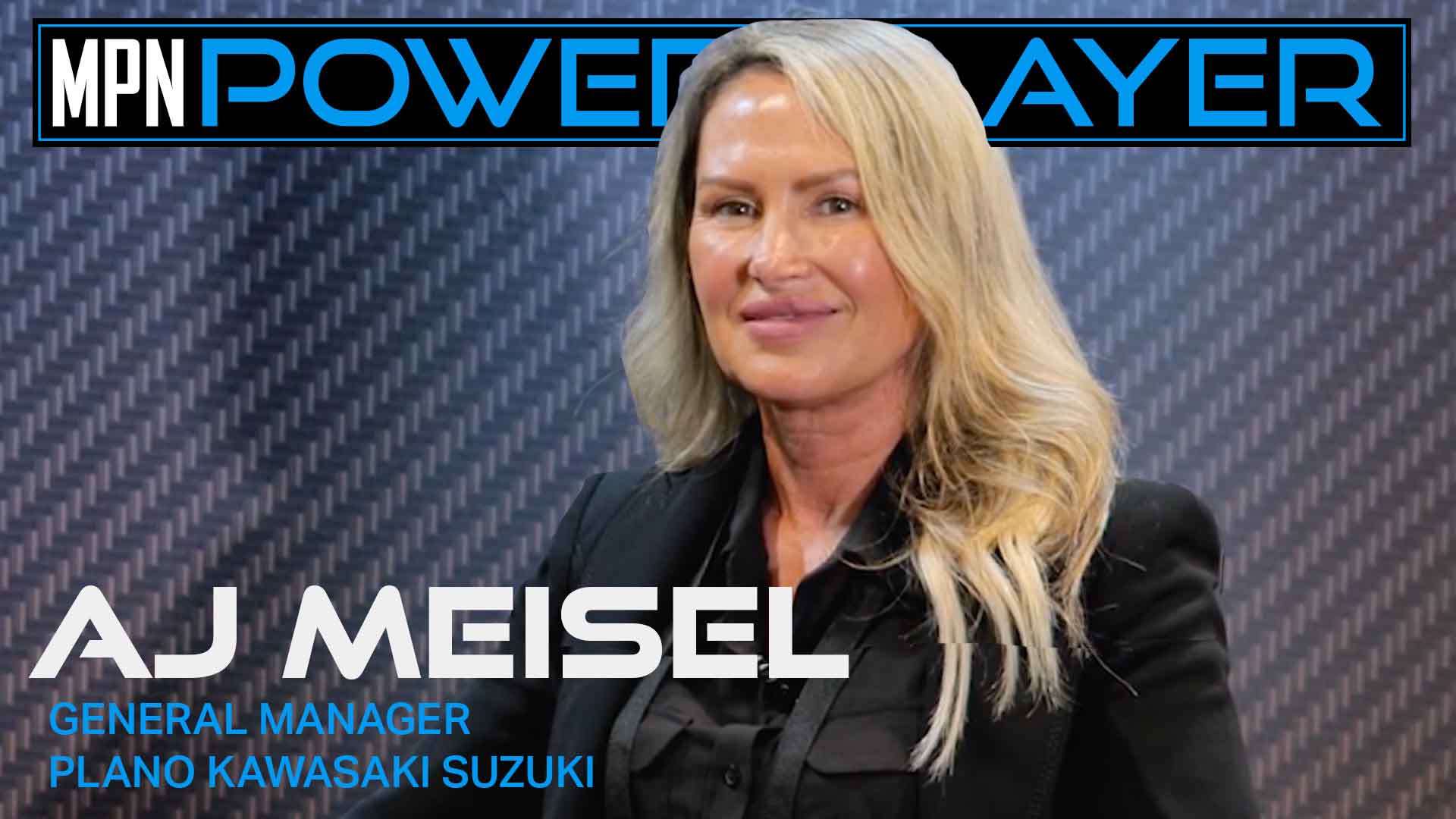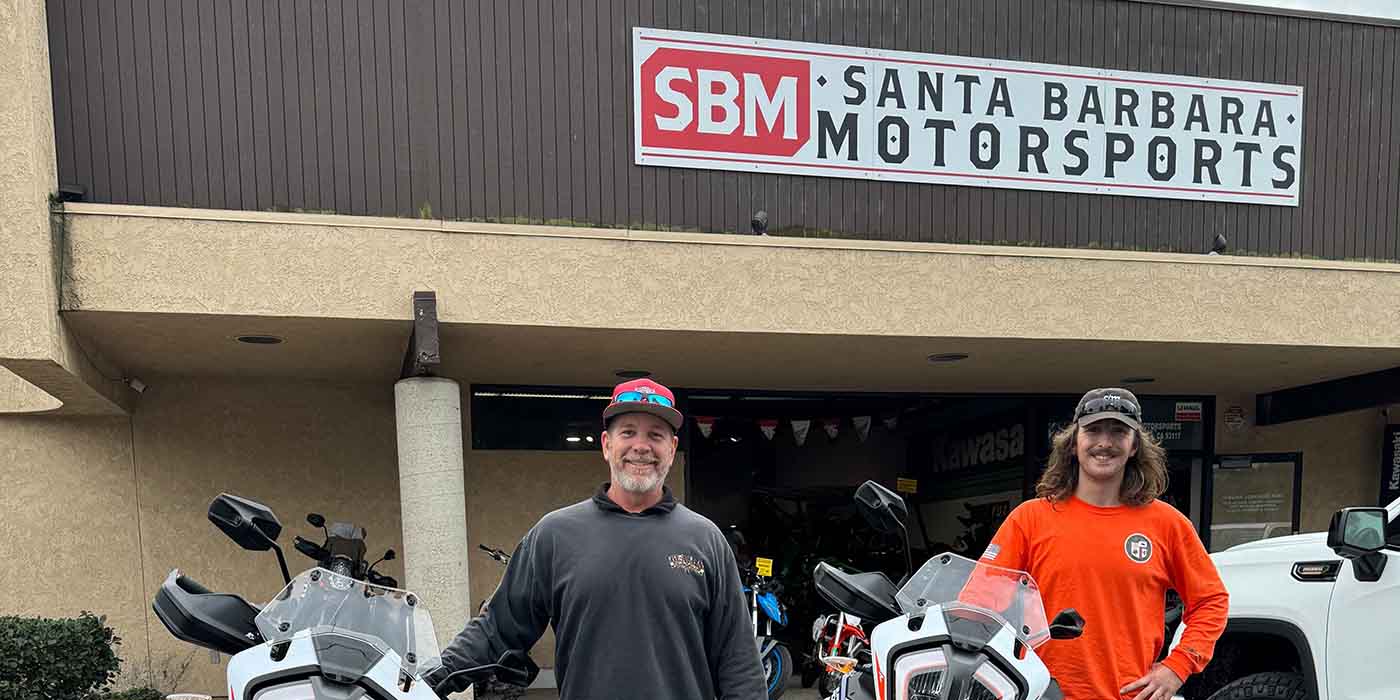Back in 1998 we were pursuing a second location just outside of Atlanta. It was a new open point which had become available for three metric OEMs due to several local dealers recently going out of business. After a thorough market analysis, we felt this was a great opportunity and decided to aggressively move forward.
Against my better judgment, we hired a former employee as lead project manager and empowered him to do much of the hiring and vendor set up, and we gave him other responsibilities required for the launch of the new location.
During his previous employ, he had always exuded an "I’ve forgotten more about this business than you know" additude — very condescending. However, this time around, he seemed humbled by his negative experience after leaving the first time and assured us he was very appreciative of his latest opportunity. This time, he said he was in it for the long haul, and if given the opportunity he would prove it to us.
Little did we know that, instead, he was just studying our every move during the startup. He proceeded to document our vendor contacts and study our blue print on starting a dealership. Apparently, he had some financial horsepower and, in a very clever move, bought out our local competitor.
I’ll never forget the cocky smirk on his face when he notified us of his new venture: "Well, we’re now peers," he said. Quicker than you can say conflict of interest, this guy had spent his time on our dime learning the whole enchilada, everything there was to know about a start up, from our employee comp plans to how much we paid for monthly alarm service to where to go to get a good deal on merchandising fixtures. Heck, he even knew roughly how many units he could expect to sell on a monthly basis if he did the right things. It’s too bad non-competes aren’t worth the paper they’re printed on.
Slowly but surely he began picking off our key employees by offering them wages above and beyond what he knew they were making with us. Unwilling to negotiate their pay, I stubbornly let them go.
Although this did inflict pain upon my business, I knew my numbers well enough to understand that the model could never prosper if I over-paid for labor, just as it could never work if I sold every unit at cost with the intentions of making it up on volume.
As a business owner you can never allow your business to be completely people-dependent. Your business must be run by the systems, and the people run those systems. People come and people go, it’s not personal, it’s just business and you’d better be prepared to handle it.
I look back on this situation with great gratitude and harbor no ill will towards this former employee. He was just doing what was best for him and his family, and the fact he was a bit pompous in the process was just his nature.
It was because of these circumstances, a splash of alcohol and a good book on the beach that I had what I now refer to as the epiphany. I’ll get back to the epiphany in a minute, but first a quick story.
In 1952 a 52-year-old feet on the street milkshake salesman walked into a local hamburger stand in San Bernardino California to make his regular pitch. What he witnessed was not just your regular hamburger joint; it was a well-oiled money making machine. Burgers were being produced systematically, efficiently, consistently and, best of all, nearly anyone with a pulse could do it!
After observing system on top of interdependent system consistently satisfying the long lines of customers, Ray Kroc persuaded Mac and Jim McDonald to allow him to franchise his model. 12 years and several million burgers later Ray bought out the brothers after having created "the most successful small business in the world."
What Ray Kroc did was not only profound for his industry, it was profound for business in general. Kroc proved that to build a truly great business you had to go to work not just in your business, but more importantly on your business to build systems and process that produced consistent, profitable results without complete dependence on highly paid personnel.
After originally reading this story on the beach years ago it hit me: The difference between building a business versus just owning a job was systems! (The word system is a great acronym which stands for Save Yourself Time, Energy and Money.)
In the end, my former employee would eventually sell out to the same consolidator who bought our stores, and the consolidator moved the entire operation under one roof with all major metric OEs. Eventually it was a win-win for all.

